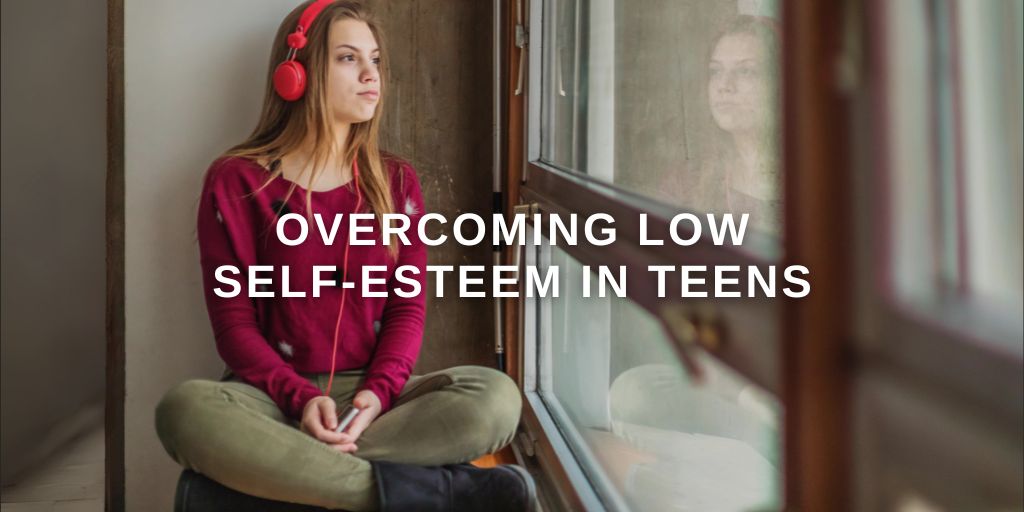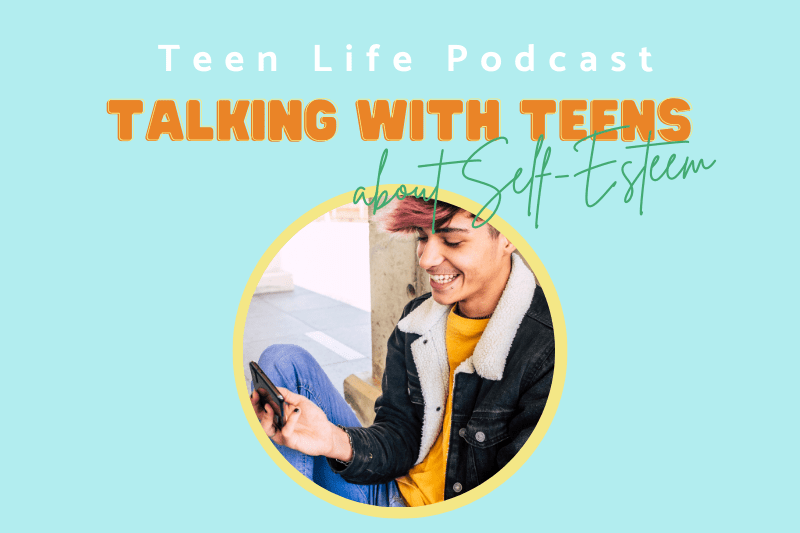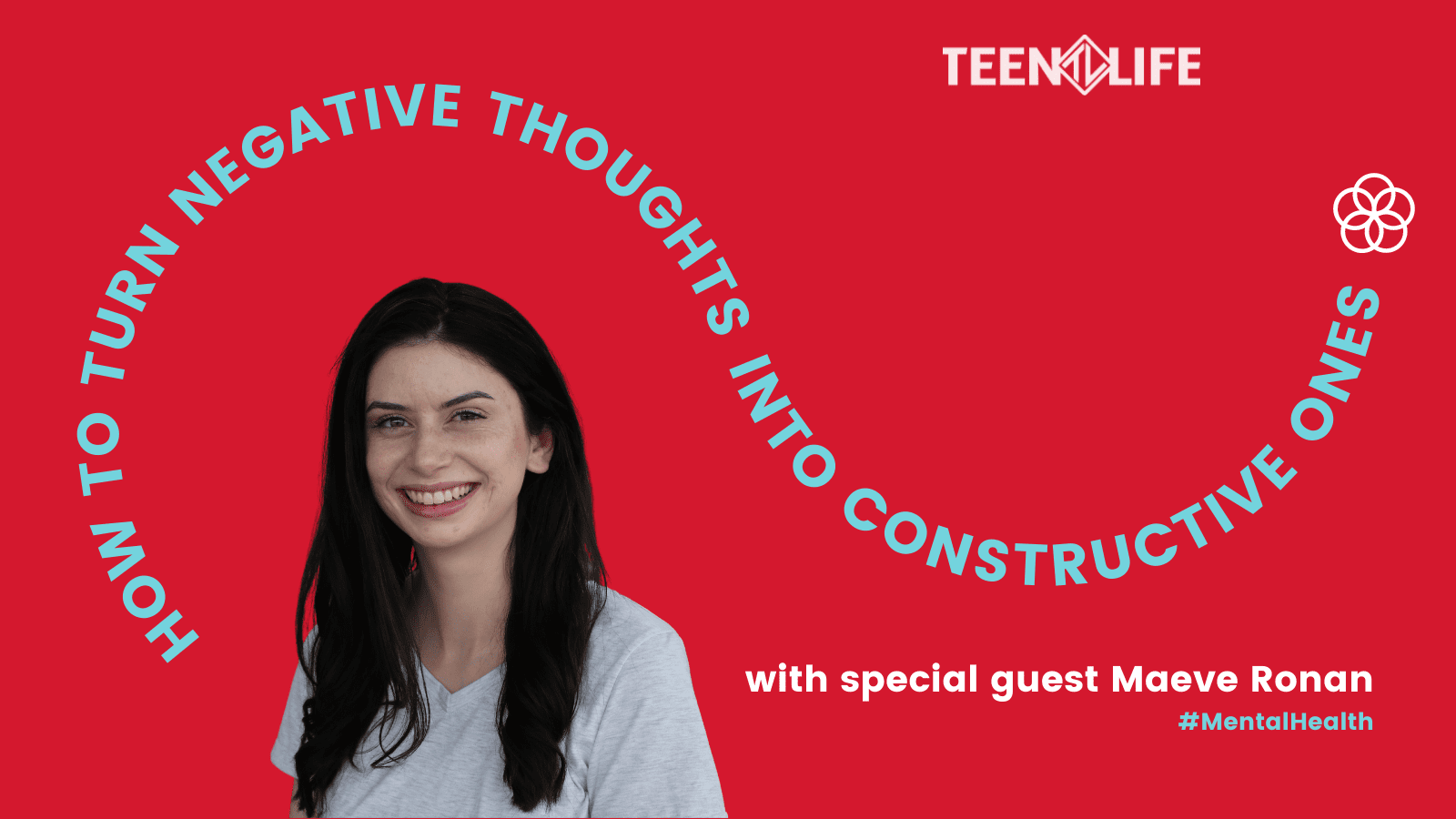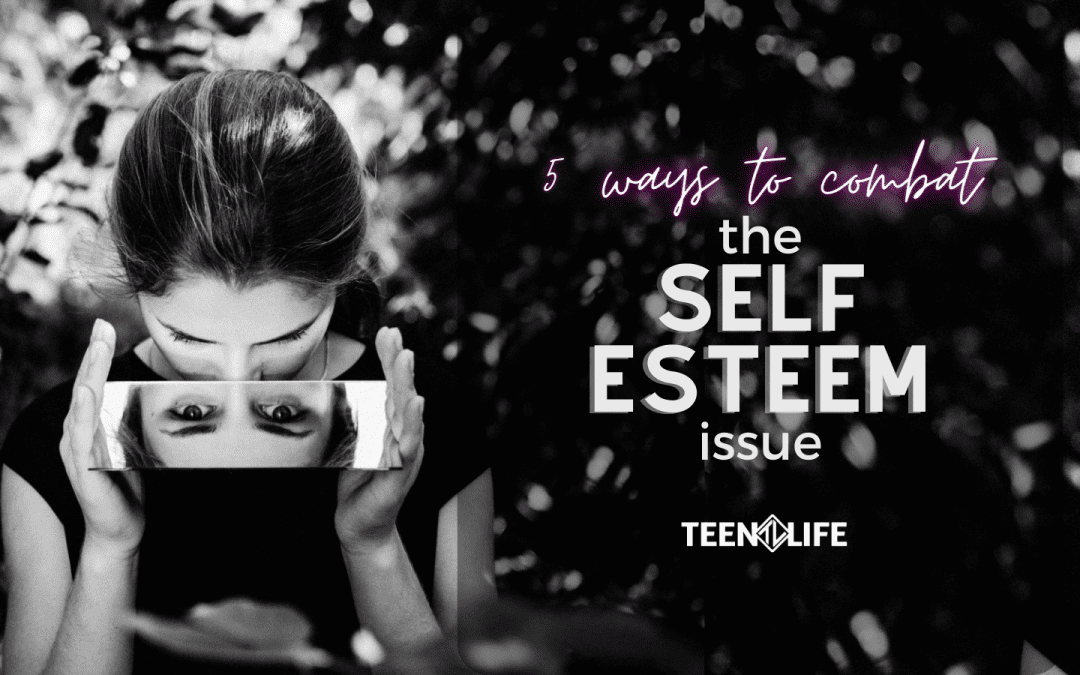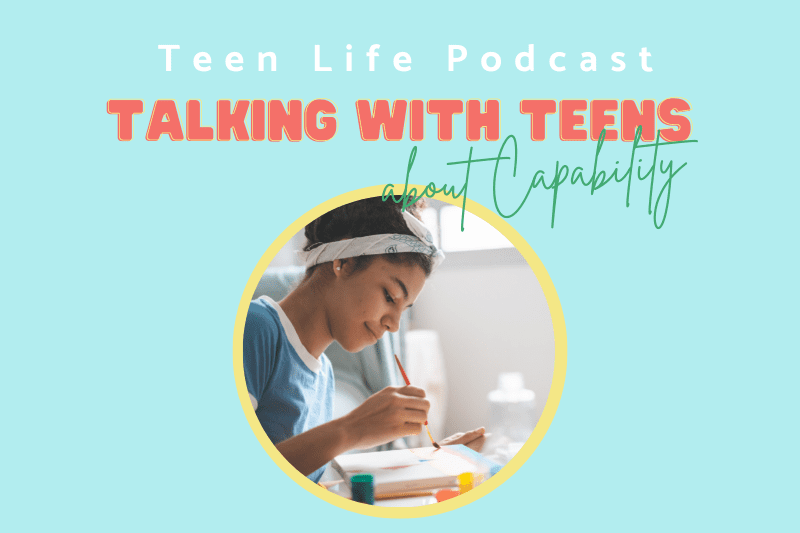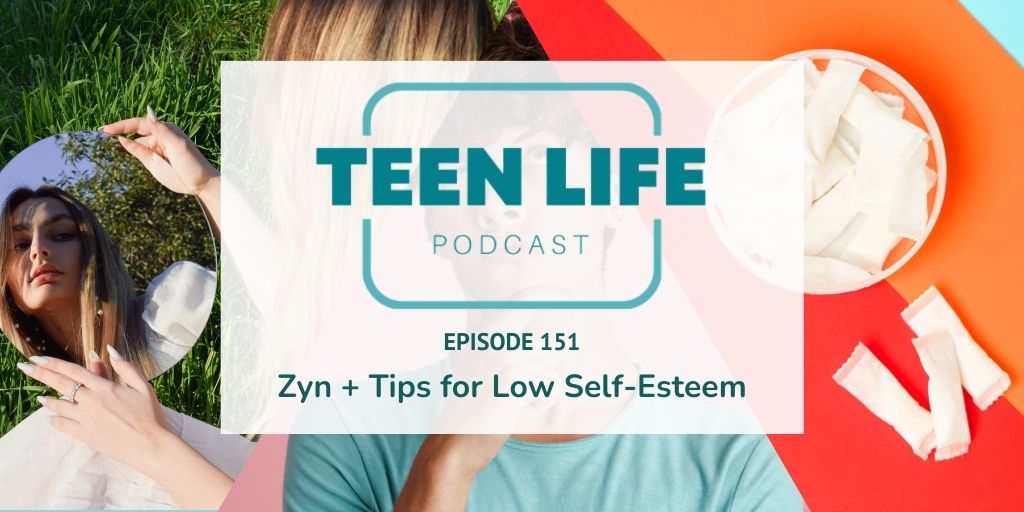
Zyn + Tips for Low Self-Esteem | Ep. 151
Podcast: Play in new window | Download
How can we improve teenagers’ self-esteem?
Self-esteem is the cornerstone of a teenager’s emotional well-being, shaping their confidence, decision-making abilities, and overall satisfaction in life. As caring adults, it’s crucial for us to understand the profound impact our words and actions can have on a teenager’s self-esteem.
Do you remember something said during your middle or high school years that significantly influenced your self-esteem, either positively or negatively? These moments can linger in our memories, shaping our perceptions of ourselves for years to come.
Low self-esteem has long-lasting effects
Low self-esteem can manifest in various ways in teenagers, including diminished confidence, avoidance of risks, withdrawal or isolation, struggles with decision-making, difficulty asserting boundaries, and negative self-talk. Moreover, it can predispose them to anxiety, depression, loneliness, and even addiction later in life.
At Teen Life we believe:
Teenagers Deserve Connection
Every teenager deserves meaningful connections that validate their experiences and emotions.
Teenagers Have Strengths and Gifts
Instead of viewing teenagers as problems to be solved, we recognize their unique strengths and potential.
Teenagers Are Not Problems to Be Solved
We aim to support teenagers in building positive connections and cultivating their inner strength and confidence, enabling them to learn from failures and grow into resilient individuals.
How can adults improve a teenager’s low self-esteem?
As adults, we play a pivotal role in nurturing teenagers’ self-esteem. Here are some practical strategies to support them:
- Believe in Their Potential
Treat teenagers as capable and worthy of love, instilling confidence in their abilities. - Offer Unconditional Love and Encouragement
Provide consistent support and encouragement, regardless of their successes or failures. - Engage in Non-Judgmental Conversations
Encourage open dialogue about actions and thoughts, viewing failures as opportunities for growth rather than shortcomings. - Model Positive Self-Talk
Demonstrate healthy self-talk and challenge negative thought patterns when they arise. - Be Available and Ask Good Questions
Make yourself available for conversations and ask thoughtful questions to understand their perspectives and concerns.
Tips for Teens
For teenagers seeking to enhance their self-esteem, consider the following tips:
Help Others: Engage in acts of kindness, such as volunteering or mentoring, to experience the gratification of making a positive impact.
Focus on Improvement: Rather than aiming for perfection, focus on improving one skill or aspect of yourself at a time.
Challenge Negative Thought Patterns: Practice recognizing and challenging negative thoughts, replacing them with positive affirmations.
Surround Yourself with Supportive Influences: Seek out supportive relationships and activities that uplift and encourage you to thrive.
Nurturing self-esteem in teenagers requires a collaborative effort between caring adults and adolescents themselves. By fostering positive connections, celebrating strengths, and embracing growth opportunities, we can empower teenagers to navigate life’s challenges with confidence and resilience. Together, we can build a community where every teenager feels valued, capable, and worthy of love.
Also in this episode
- Zyn nicotine pouches are increasingly popular among middle school and high school students.
- Gen alpha terms and trends that are especially popular among boys: looksmaxxing, mewing, mogging, bonesmashing.
In this episode, we mentioned or used the following resources about zyns, self-esteem, and looksmaxxing.
- Instagram: Gen Alpha Terms
- VeryWell Health: What Is Mewing and Can It Reshape My Face?
- Today: What is ‘preppy’? The old slang has a new meaning
- Truth: Truth Initiative: Zyn Facts
- Merriam-Webster: Self-Esteem Definition
- Psychology Today: Low Self-Esteem in Adolescents: What Are the Root Causes?
- Podcast music by Luke Cabrera & Tobin Hodges
Have a question?
If you have a question about something you heard or just want to give us some feedback, please leave us a comment below. We would love to hear from you!

Karlie Duke
Communications Director

Tobin Hodges
Program Director

Caleb Hatchett
Podcast Host
Caleb Hatchett | Podcast Co-Host
Caleb loves helping teenagers take ownership of their faith and relationships. He graduated from Abilene Christian University with a degree in Youth and Family Ministry and is currently Student Ministry Director at Jenks Church in Oklahoma.
Tobin Hodges | Program Director
Tobin’s entire career has been centered around students and teens from all walks of life. He has a passion for helping teens be their best selves. As Program Director, he loves working directly with school staff and students through Teen Life Support Groups. Tobin has a Bachelor’s Degree in Music from Texas Tech University.
Karlie Duke | Director of Communications
Karlie has always had a heart for teenagers. Through her role at Teen Life, she loves to showcase the amazing stories coming out of Support Groups, but she is especially passionate about helping adults and teenagers find connection. Karlie has a BS in Communications with a minor in Family Studies from Abilene Christian University.









